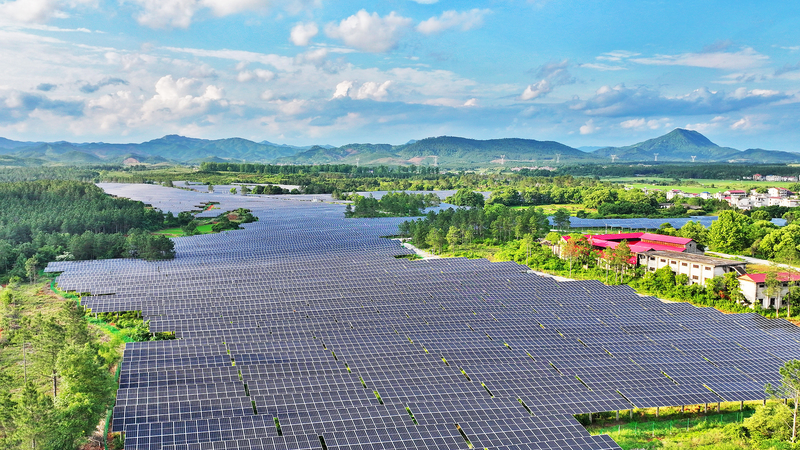In a landmark advisory ruling on July 23, the International Court of Justice (ICJ) underscored the United Nations Framework Convention on Climate Change (UNFCCC) as the cornerstone of global efforts to tackle rising temperatures. The court’s opinion clarifies that under international environmental law, every country has specific rights and obligations in the fight against climate change.
Responding to the ICJ’s decision, Chinese Foreign Ministry spokesperson Guo Jiakun said, “China is an important contributor to green development. We stand ready to work with all parties to fully implement the UNFCCC, honor the principle of common but differentiated responsibilities, and foster a fair and equitable system of global climate governance for win-win cooperation.”
At its core, the principle of common but differentiated responsibilities recognizes that while every nation must act, developed countries with greater resources carry a heavier burden. This approach aims to balance economic growth with environmental protection, ensuring emerging markets can pursue sustainable paths without sacrificing development.
What does this mean for the global community?
- Shared Framework: The UNFCCC sets out a unified legal structure that guides countries on emission targets, reporting mechanisms, and financial support.
- Equity in Action: Richer nations are expected to lead in emissions cuts and fund green projects in developing regions.
- Cooperative Future: By emphasizing “win-win” collaboration, the ICJ’s opinion and China’s response highlight a shift towards joint innovation in clean energy, technology transfer, and sustainable infrastructure.
For young global citizens and innovators, this ruling and China’s pledge open doors to cross-border partnerships. From solar startups in G20 nations to sustainable travel initiatives, the climate conversation is moving from the diplomatic arena into real-world projects that blend economic opportunity with ecological responsibility.
As the world digests the ICJ’s guidance, all eyes will be on how key players—both governments and private sectors—turn legal principles into tangible climate solutions. The era of “business as usual” is fading; a new chapter of equitable, collaborative climate action is underway.
Reference(s):
Spokesperson: China is an important contributor to green development
cgtn.com




